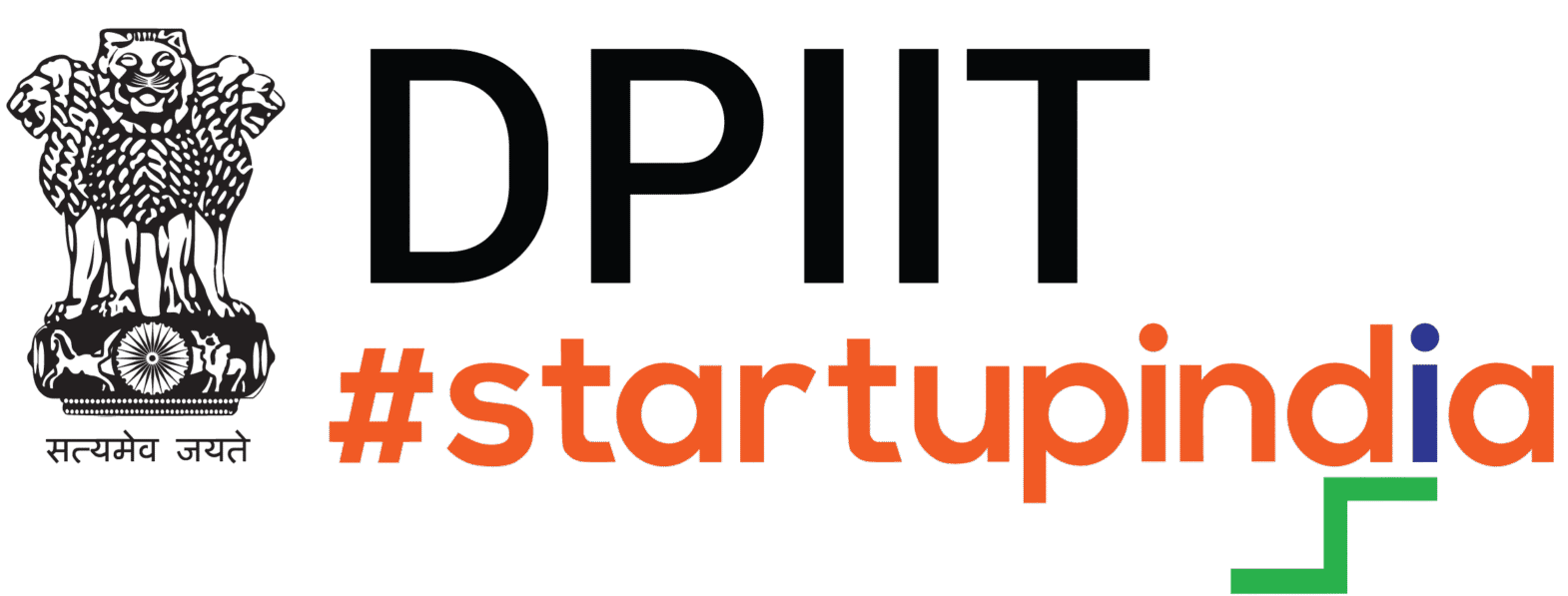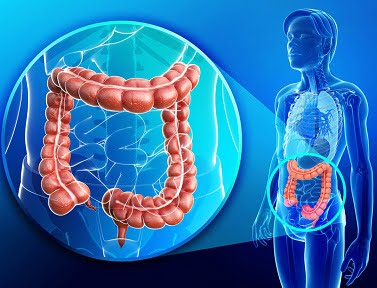Important Facts About Colorectal Cancer (CRC)
Given the fact that both men and women are as likely to develop CRC, it helps to understand some important factors that lead to this condition. While a majority of the factors are not within one’s control, those that are, may be strictly controlled.
- Age: Age is an important determining factor of the incidence of CRC. CRC often occurs in people over the age of 50, though its incidence in younger people is becoming increasingly common. However, it cannot be known as to why CRC occurs in the population aged younger.
- Ethnicity: Even as men and women are prone to developing CRC, men are at a higher risk of developing CRC at a younger age. CRC can afflict any race or ethnicity, and the African-Americans are more susceptible to CRC.
- Contributing risk factors: Some of the risk factors that contribute to developing CRC are, inflammatory bowel diseases such as Crohn’s disease and ulcerative colitis. Also, a family history of cancer or polyps, genetic syndromes such as Familial Adenomatous Polyposis (FAP) and Lynch syndrome, which is an inherited condition, significantly increases the occurrence of CRC. A person with such family history is 2–5 times more likely to have CRC. Personal history of adenomatous polyps may increase the likelihood of developing CRC.
- Exposure to radiation: Any exposure of the abdomen to radiation to treat previous cancers adds to the likelihood of developing cancer.
- Screening: Colonoscopy is the standard test to examine the colon and the rectum for any polyps or lesions. Depending on the outcome, a biopsy may be required.
- Diagnosis: If after performing a colonoscopy, CRC is suspected, a doctor may undertake any of the following tests to diagnose CRC:
Lifestyle: People with an inactive lifestyle are more prone to developing CRC. Regular moderate, exercise can help in reducing the chances of developing CRC. Also, if a person is a chain smoker, consumes tobacco or alcohol regularly is prone to developing CRC.
Colon Cancer Treatment in India
Colon Cancer Treatment in India is among the most affordable when compared to countries in the West. At 1/6th the cost of treatment incurred abroad, one gets tertiary care comparable with that in the developed countries at these hospitals. Some of the procedures and their associated costs in India are as follows:
Cost of colon cancer treatment in India
- Cancer Evaluation Package: $500-$1,200
- PET Scan: $300-$500
- Polypectomy: $2,800-$4,500
- Colectomy: $3,000-$5,000
- Chemotherapy: $1,000-$1,500 per cycle
- Radiation Therapy: $3,500-$5,500























